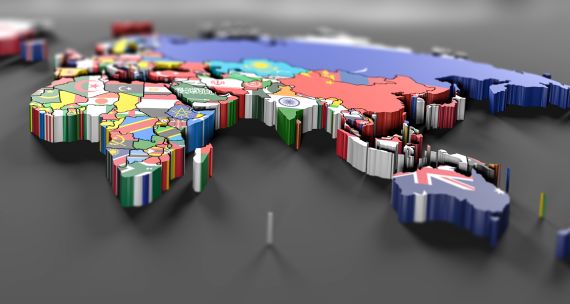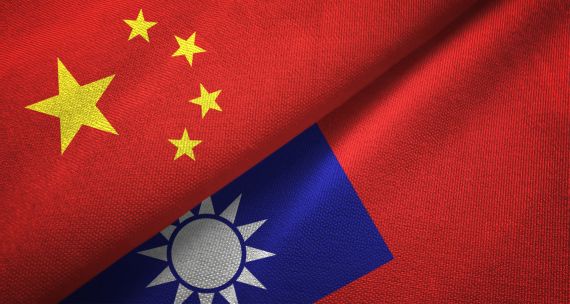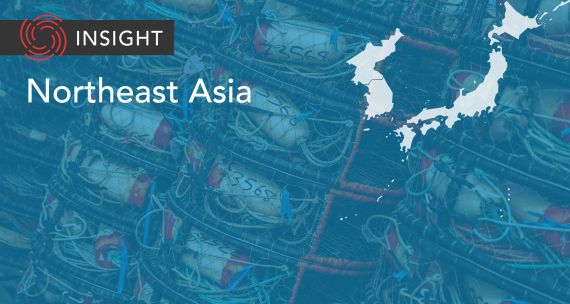For nearly a decade now, the Canadian debate on China has been narrowly couched as a battle between necessary trade and fundamental human and environmental rights. Should we enter into a Faustian bargain, selling our soul to scrape together uncertain economic benefits? As the nation struggles to solve a conundrum of its own making, we are becoming bystanders to some of the greatest changes in global history. Canada deserves better. We urgently need a rational long-term China strategy that reflects a clear view of Canada's role in a rapidly changing world.
Canada is a Group of Seven economy and a rich multicultural country with a key role to play in the world. At a time of great power transition and intensified global challenges, the world desperately needs entrepreneurial countries with the ability to nudge and improve international norms and institutions. Issues such as climate, pandemics, ocean protection, poverty eradication, welfare-enhancing trade, migration and the UN Agenda 2030 in general will shape the future of our planet and of our country. Countries that actively play a role in developing future rules will benefit more.
Canada cannot box itself in and only talk to like-minded advanced democracies such as Germany, Japan or Britain. Canada must also be actively engaged with other key global players, such as Russia, Iran, Saudi Arabia and, indeed, China.
The world order is shifting rapidly. New institutions have arisen and rules are changing. Despite all our fears, the China-led Asian Infrastructure Investment Bank (AIIB) is now welcome by the United States (after a grand bargain reached last September between the two sides). Top executives include British, American and other foreign nationals, many of whom came from the World Bank or the Asian Development Bank. Early loans are made jointly with the Japan-led Asian Development Bank, ushering de facto quality China-Japan co-operation that runs ahead of the emotions of national leaders. In fact, inside sources indicate the AIIB is so far operating with stronger transparency and governance rules than the World Bank under its current leadership. With all our allies (except Japan) either in the AIIB or now supporting it (the United States) and the global aid community recognizing that one key problem is the lack of available funding for infrastructure investment, why is Canada still watching from the sidelines?
Earlier this month, the United States and China sat down for the eighth round of their high-level Strategic and Economic Dialogue. The list of achievements is long and deep. On the strategic side, agreements cover climate change, ocean protection, nuclear security, North Korean denuclearization, food security and responsible mineral supply chain. On the economic track, results include substantive further commitments on the Chinese side toward exchange-rate reform, avoidance of competitive devaluation, improved economic transparency, targeted SOE reform, further market opening for U.S. firms, opening of a yuan trading hub in the United States and reduction in the oversupply of steel. The South China Sea and human rights were covered in robust exchanges, although no progress was listed.
Why can the United States, Australia, Britain, France or Germany engage so fruitfully with a major global player on files while Canada can't? What can we learn from South Korea or Singapore in their ability to hold their political values while engaging in major co-operation with a China in ways that stabilize the whole region and advance global public goods? Why has Canada not yet seriously acted on the agreement reached by former prime minister Stephen Harper in November, 2014, to develop a high-level strategic dialogue?
We must work with China or Russia or Iran, not because we love them or wish to ignore political practices that are abhorrent to our own values. Rather, as a major country with great potential as a global governance entrepreneur, we must work with all sides to usher the norms and institutions that will advance global public goods. In the process, we will be partners in the long-term historical trajectories of countries such as China, which have struggled with modernization for more than 200 years.
As often noted by many Chinese Canadians, Chinese governance is significantly better now than 50 years ago or 100 years ago or 150 years ago. But yes, that process still has a long way to go to fulfill the aspirations of its people. It is not by avoiding or scolding China that we support that process and entrench reforms.
Canada has to be shameless about actively shaping the global rules of tomorrow in a way that also serves Canadian economic, social and political interests.
It is okay to engage China in a culturally and historically sensitive way on global and bilateral files of common interest, while being tough about our political values. It is time to pro-actively shape our future.
This article was first published in The Globe and Mail on June 15, 2016.



